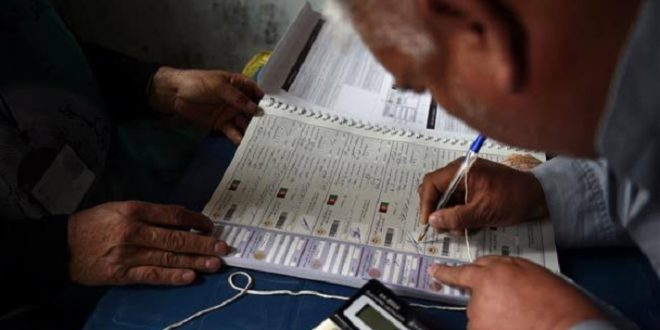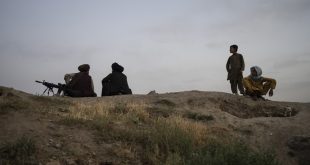As the political situation in Afghanistan is day by day degenerating into crisis, the powerful countries take it upon themselves to recommend ideas for Afghanistan’s future dispensation, which is something very important because of its effects on future events in the country. The preliminary election results have been seriously under fire from a majority of presidential runners, who lodged nearly 17,000 complaints with the Independent Electoral Complaints Commission (IECC). The contentious initial returns of the September’s polls – where only 1.8 million biometrically-verified votes were cast – showed incumbent President Ashraf Ghani has secured to be the frontrunner and victor for now by crossing the required 50 percent vote threshold by a razor-thin margin. Meanwhile, CEO Abdullah Abdullah was the runner-up with 39 percent of votes. Abdullah, along with many other candidates, is wary of the results as he scrapped them as fraudulent. On top of all this, the outgoing US ambassador to Afghanistan has recently downplayed the legitimacy of the presidential election by saying its winner will not have a ‘commanding mandate’ because of securing fewer than a million votes in a country of over 30 million people, in which over nine million people had registered to vote.
Utterly shrugging off the conduct of the election and the miseries the Afghan voters endured to cast votes, John Bass, who is ending his two-year stint in Kabul, has inherently proposed the formation of a reconciliatory and inclusive government. In other words, it is in fact a notion of forming a government the same as the National Unity Government – a system that miserably failed – merely with a different name. With the wisdom of hindsight we know such propositions are implausible and pointless because there are no electoral provisions stipulating how many votes legitimize a president. Bass floated this idea when it has also crossed some other countries’ minds and favored creating something similar by the name of the National Reconciliatory Government (NRG). Offering such kinds of suggestions is something which shows brazen interference in Afghanistan’s internal affairs. In retrospect, such ideas of interim, unity, inclusive and reconciliatory governments are non-starter and would be to the detriment of Afghanistan. If this has to happen, what’s the purpose of holding an election in the first place? Any course taken by Afghan leaders in the first half of 2020 will be fate-deciding for the country. It’s advisable for the countries to leave Afghanistan be by letting the election process go through its proper trajectory because it’s not for them but rather the Afghans themselves to decide their future. Given the current political predicament, time has ripped for the Afghan leaders to come up with a system, where every Afghans see their representative and operate in the most trustable way.
 Afghanistan Times
Afghanistan Times




